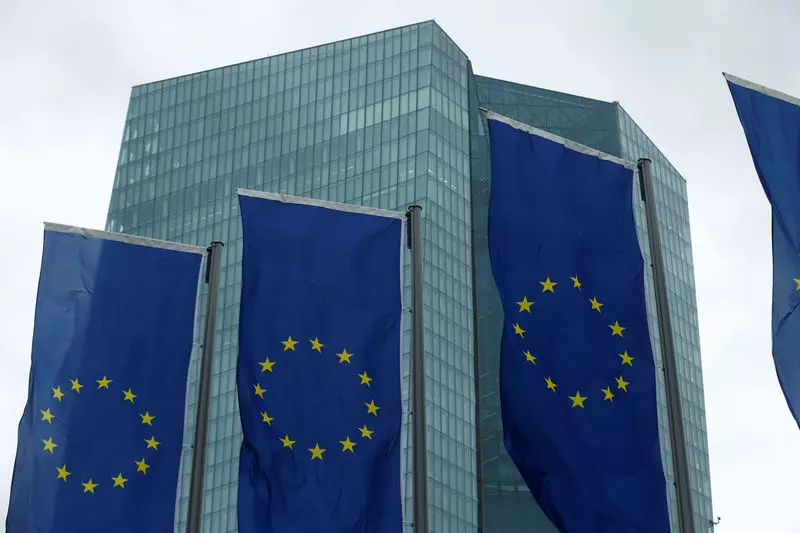The prospect of steep import tariffs proposed by US President-elect Donald Trump poses a significant challenge for the European Union (EU). With Trump’s administration suggesting a range of tariffs on imports—including a staggering 60% on Chinese goods and 25% on products from Canada and Mexico, along with an overarching 10% on global imports—EU policymakers find themselves at a crossroads. Analysts from Goldman Sachs have carefully evaluated three potential strategies for the EU, each with its complexities and implications. This article will dissect these strategies while assessing their viability and potential impact on transatlantic relations.
The first option highlights a familiar path: the EU could institute retaliatory tariffs in response to Trump’s proposed measures. This mirrors the EU’s previous resistance to US tariffs during the initial Trump term, which saw a range of products—including sports gear and paper goods—subject to tariffs. Such a tactic would showcase EU resilience but may exacerbate tensions. The analysts at Goldman Sachs predict immediate retaliation should the US tariffs be enacted, but the timing and scope will depend on whether the tariffs adhere to World Trade Organization (WTO) guidelines or are implemented unilaterally. If the latter occurs, the risk of escalating into a full-blown trade war is heightened, suggesting that while retaliation is an option, the repercussions could be severe—especially for global markets, which are still recovering from past trade conflicts.
Another strategy the EU could consider involves diluting its commitment to free trade, specifically by placing greater scrutiny on imports from China. With ongoing investigations focusing primarily on Chinese goods sold below market value, this approach could serve to appease Trump’s rhetoric. However, this pivot may not be as straightforward as it appears. A fundamental shift away from established free trade principles could provoke backlash from within the bloc, while also attracting countermeasures from Beijing. Europe is likely cognizant that antagonizing China further could lead to economic repercussions that may negate any short-term benefits of aligning with Trump’s policies. Thus, while adjusting trade practices to appease the US could be tempting, the long-term implications warrant careful consideration.
A more conciliatory approach may provide a pathway to mitigate the impact of the proposed tariffs without igniting further contention. According to Goldman Sachs, increasing purchases of US natural gas and oil, alongside boosting defense spending, could present an opportunity for a strategic compromise. This adjustment might not only alleviate the impending tariff threats but could also foster a more harmonious transatlantic relationship. Nevertheless, EU policymakers recognize that such fiscal reallocation could induce higher import costs. While current market dynamics indicate that entering long-term liquefied natural gas contracts may keep expenses manageable, the necessary military spending adjustments may prove more contentious. EU member states have historically held varying views on fiscal priorities, making rapid changes challenging in the defense sector.
The interplay between these three potential responses suggests a complex landscape for EU policymakers as they navigate the unpredictable waters of international trade amid rising protectionism. If Trump moves forward with his tariff agenda without substantial EU concessions, retaliatory measures could unfold swiftly, leading to an unpredictable trade war that could upset global economic stability. Conversely, should European leaders strategically embrace a conciliatory approach, they may be able to negotiate terms that satisfy both sides, potentially minimizing the adverse effects of the proposed tariffs.
Yet, the measures chosen will reflect broader geopolitical dynamics and internal EU consensus. Currently, the clock is ticking for the EU to devise a cohesive strategy that aligns with both its economic goals and its principles of free trade. As the scenario develops, maintaining a balance between defending the EU’s interests and preventing a trade war with the US remains paramount. Consequently, only time will reveal whether a successful compromise can be achieved amid these trying circumstances, and what the lasting ramifications will be for global trade relations. As European policymakers engage with this dilemma, a careful weighing of all options will be essential to safeguard the EU’s economic future.

